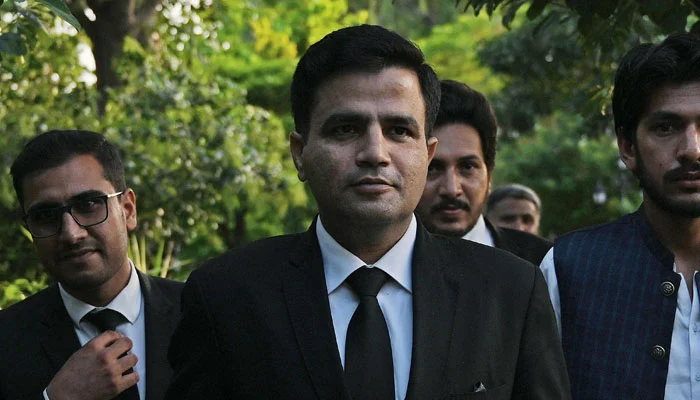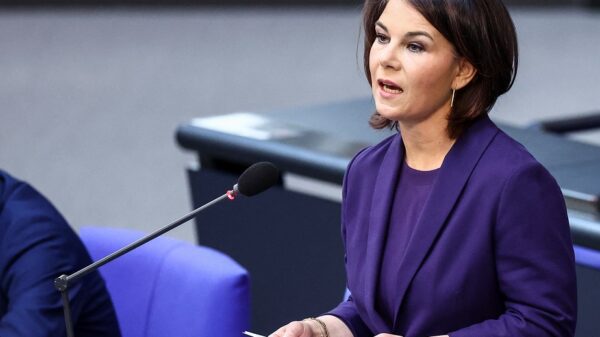ISLAMABAD: The FIA cybercrime wing interrogated Naeem Haider Panjotha, Pakistan Tehreek-e-Insaf (PTI) Chairman Imran Khan’s lawyer, for nearly eight hours, according to sources familiar with the matter.
The lawyer, who had been summoned for an investigation into the social media posts of Judge Humayun Dilawar, left the FIA headquarters after the questioning session.
Amid reports suggesting his arrest, PTI lawyer Sher Afzal Khan Marwat tweeted that Panjotha’s clerk had indicated that the lawyer had been taken into custody. However, it remained unclear whether this was a formal arrest, as the first information report cannot be filed “directly and without permission of Islamabad High Court.”
Marwat’s tweet also stated that Panjotha’s alleged arrest “would unite the legal fraternity” and would not hinder the PTI chairman’s legal team from fulfilling their “professional obligations.”
Panjotha grills due to cybercrime
Upon the direction of the IHC, the Cybercrime Circle of FIA initiated an inquiry against Panjotha and instructed him to appear before the inquiry team at the Cybercrime Reporting Centre in Islamabad on the specified day.
The inquiry officer in the summons had requested the lawyer to clarify his stance in the interest of justice for a fair trial.
Last week, the IHC referred the “controversial” Facebook posts of Judge Dilawar, who sentenced PTI chief Imran Khan in the Toshakhana case, to the FIA.
On August 5, Additional District and Sessions Judge Dilawar sentenced former prime minister Khan to three years in prison in the Toshakhana case, sparking significant reactions within the party.

Following his conviction, the PTI chief was promptly arrested, prompting a strong response from the party.
Imran Khan was found guilty of misusing his premiership to buy and sell gifts in state possession, acquired during visits abroad, and valued at over 140 million Pakistani rupees ($635,000). He continues to deny these allegations.
The PTI chief had sought the transfer of his case from Judge Dilawar’s court, claiming bias and presenting certain posts from the judge’s Facebook account to the IHC. However, the court was informed that the judge denied authorship of the posts in question.










